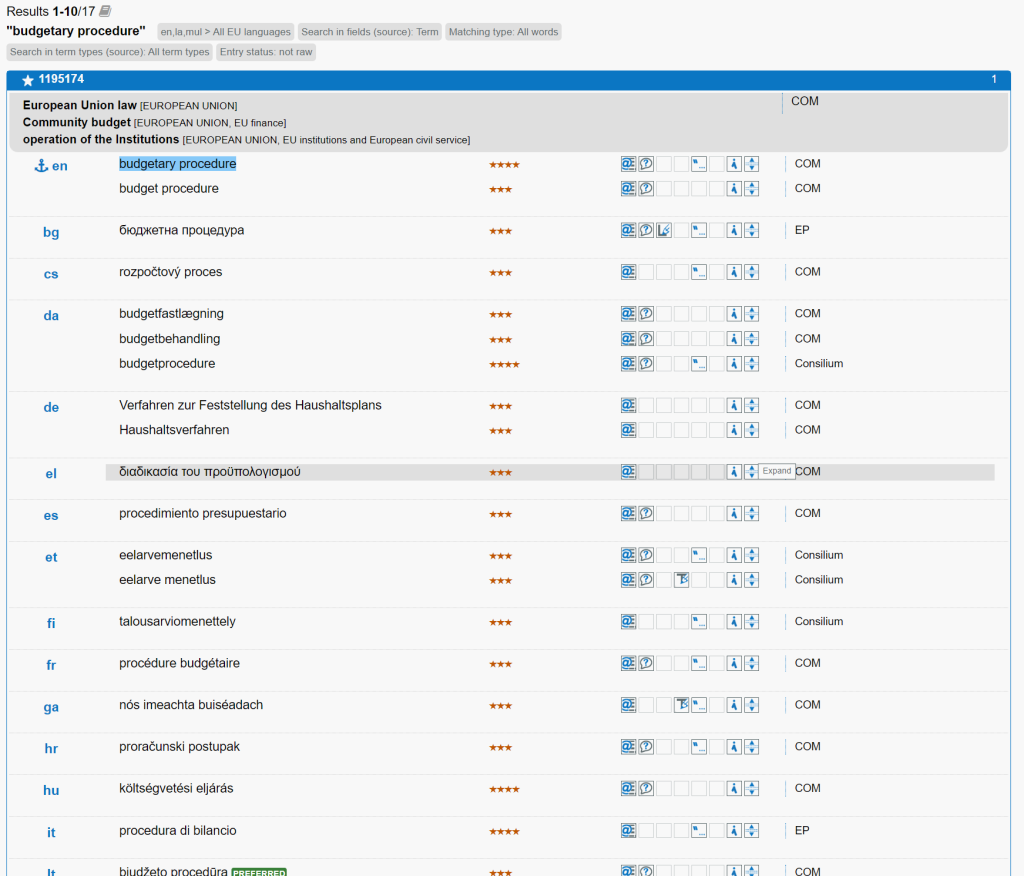The budgetary procedure of the European Parliament refers to the process through which the Parliament exercises its powers in relation to the European Union’s budget. Guided by the principles outlined in Article 310 of the Treaty on the Functioning of the European Union (TFEU), this pivotal process is overseen by the Parliament. The intricate procedure, delineated within the framework of the Financial Regulation, is meticulously crafted to empower the Parliament in its role regarding the allocation and approval of the Union’s financial resources. Governed by stringent legislative guidelines, the budgetary procedure embodies fundamental principles of transparency, accountability, and democratic scrutiny.

The exercise of budgetary powers entails determining the overall amount and distribution of the annual EU expenditure, as well as the revenue necessary to cover it, and exercising control over budget implementation. This involves several key steps:
1. Draft Budget: The Parliament and the Council establish guidelines on budget priorities. The Commission then drafts the budget and submits it to both the Parliament and the Council, with some flexibility in timing for modifications.
2. Adoption of the Council’s Position: The Council adopts its position on the draft budget and provides a full explanation of its decision to Parliament.
3. Parliament’s Position: 3. Parliament’s Position: Parliament has a 42-day window to respond. It can endorse the Council’s position, resulting in automatic budget adoption, or propose amendments. However, if an absolute majority of the MEPs adopts amendments, the Parliament sends a revised draft to the Council. Then the President of the Parliament convenes a meeting of the Conciliation Committee, which aims to find an agreement on the final budget. If the Council approves the amendments within 10 days, the committee does not meet.
4. Meeting of the Conciliation Committee and Adoption of the Budget: The Committee has 21 days to agree on a joint text, requiring qualified majority decisions from the Council and majority votes from Parliament’s representatives. The Commission assists in reconciling positions. If no agreement is reached, the Commission submits a new draft. Otherwise, Parliament and the Council have 14 days to approve the joint text.
5. Supplementary and Amending Budgets: In unavoidable or exceptional circumstances, the Commission may propose draft amending budgets, subject to the same rules as the general budget.
Conclusion
In conclusion, the budgetary procedure of the European Parliament is a complex and important process implemented to ensure the effective management of European funds and budget. Through a five-step procedure, the Parliament exercises its powers in a manner that upholds transparency and accountability in the allocation and utilisation of Union funds.
Bibliography
https://www.europarl.europa.eu/factsheets/en/sheet/10/the-budgetary-procedure
Article 314 of the Treaty on the Functioning of the European Union (TFEU)
Budgetary Procedure: https://www.europarl.europa.eu/pdf/budget/budgetary_procedure_en.pdf
Written by Marilena Martucci
Born and raised in Fasano, Italy, she developed a deep fascination for linguistics and diverse modes of communication. Her academic journey commenced with a Bachelor’s degree in Linguistics and Intercultural Communication in Bari, followed by advanced studies in Linguistics and Translation in Pisa. Fueled by her passion for Portuguese culture and language, she embarked on two enriching Erasmus experiences in Coimbra and Lisbon. After completing her Master’s degree, she settled in Lisbon, immersing herself in the fields of Journalism and Communication while continuously refining her expertise in languages and translation. Specialising in medical translation, she furthered her academic pursuits by studying Economics and Communication. She transitioned to a career in translation as Schuman Trainee at the European Parliament, focusing on terminology. Beyond her professional life, she enjoys exploring new cuisines, cooking, dancing, and indulging in literature.

